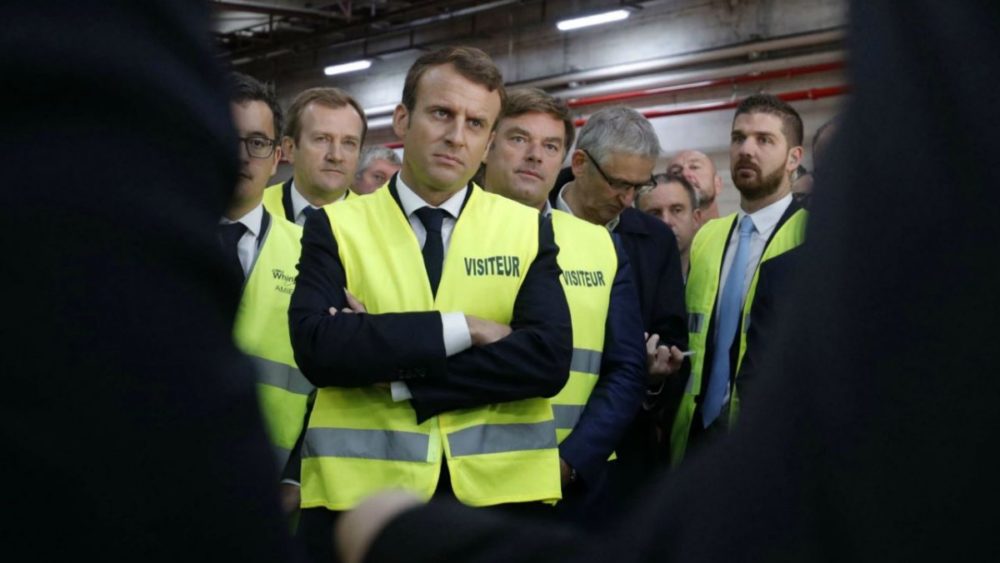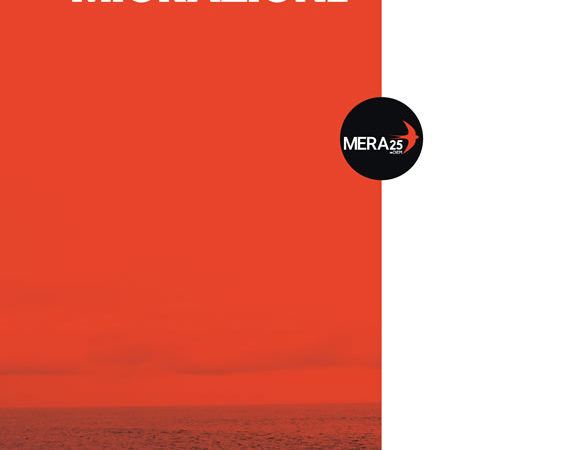“France cannot be France without greatness”. In the words of Charles de Gaulle’s “idea of France” can Emmanuel Macron’s foreign policy be summed up. Macron believes in a France with a significant global role, a France whose stature is felt on the world stage. It is this belief that informed the red lines he drew last summer on the use of chemical weapons in the Syrian conflict, and this belief is behind his bellicose language now.
Macron’s drive to restore France to international standing also lurks behind his domestic agenda. It is, he believes, the answer to tackling the seething domestic discontent with France’s political malaise and economic inequality. The answer that has so far eluded the Socialist and Republican parties. Where reformers have failed in the past, Macron believes that he can make stick sweeping liberalisations in labour and taxation if he presents them as necessary changes to bring France into 21st century global significance. The French President is wagering almost all his chips on his personal charisma and how far he can project strength, leadership and republican patriotism – so appealing a combination to Republican and National Front voters.
It is possible that Macron will be able to push ahead with his domestic and foreign plans. But there are signs that his gamble will not work in the long term as citizens have risen to oppose his reforms. Strikes by energy and waste collection workers have followed those by Air France employees. Pockets of student demonstrations have popped up across the country. Last week rail workers started large scale strike action that will affect 2 out of every 5 days over the next three months. And the industrial action appears to be growing and broadening, with seven of the main public sector trade unions voting in favour of launching strikes next month.
With his reforms in place France is predicted to cut its budget deficit faster than expected and perhaps achieve a surplus at the end of Macron’s term in 2022. But at what cost? Such forecasts are contingent on continuing to favour top earners and the largest corporations: lowering taxes on the wealthiest, while reducing public spending and perhaps creating opportunities for privatisation. When last year’s labour reforms came into effect in January bosses lost no time in laying off thousands of workers, with more expected as the year goes on. Macron’s first budget included tax reform that gave an additional €582,380 to each of France’s 100 wealthiest taxpayers, leaving the majority of the country little or nothing to gain.
Though the CAC 40 may rise, French workers are already feeling short-changed. The French economy might turn out to be the toast of Brussels, but the day to day experience for the French people will not endear them to liberal politics and the one who came to power promising to change it all. Macron may well succeed in liberalising the French economy and exerting France’s influence in the world – but it will be French and Syrian citizens who will pay for it.
Owen is a member of the DiEM25 movement, currently based in Beirut.
Volete essere informati delle azioni di DiEM25? Registratevi qui!




